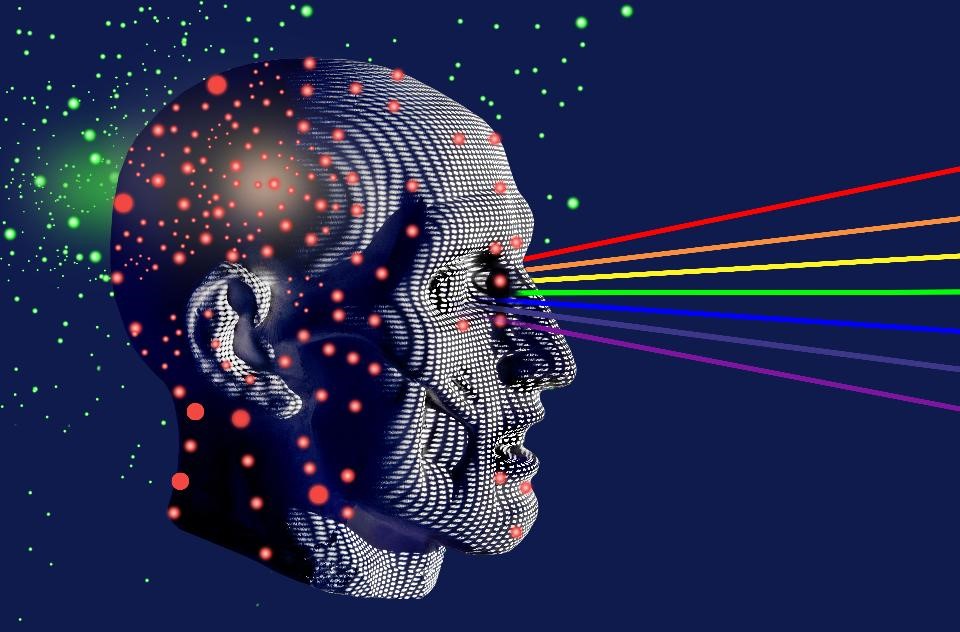
Image Source: Shutterstock.
A team of artificial intelligence (AI) researchers from the University of Bristol are making news with their research, which essentially mimics the act of reading 100 local newspapers for a period of 150 years. The research is useful in the detection of patterns and scans approximately 35 million articles, pointing out major changes like the introduction of new technologies and even ways of thinking, as well as subtle variations like gender bias.
The goal of the study was to determine whether or not historic and cultural changes could be identified in the aggregate content of newspapers. Cristianini remarked, “The key aim of the study was to demonstrate an approach to understanding continuity and change in history, based on the distant reading of a vast body of news, which complements what is traditionally done by historians.” He noted that additional studies on the same set of data will be performed.
AI looked for the mention of new words associated with technologies and identified people, their gender, and even their location. Professor Nello Cristianini and his team worked with Findmypast, a company currently working to make British newspapers digital as part of an archive project. AI permitted researchers to identify large, specific events as well as individuals, companies, or places.
Researchers were able to note the rise of electricity, the prevalence of the train and the decline of horses, and the four times that the public panicked thanks to banking crises (marked by negative market movements). Among the findings was a higher number of mentions of Liberals than Conservatives prior to the 1930s and references indicating that British identity took hold in the 20th century. Actors, dancers, and singers increased in mentions during the 1890s and continue their assent, while politicians declined beginning in the early 20th century. There are periods in which football was more popular than cricket and Suffragettes became less popular.
Cristianini and his team found that men were mentioned more frequently than women during the span of their research, though women have gradually seen more mentions. Overall, the historic gender bias is consistent with current levels.
“The research team showed that changes and continuities detected in newspaper content can reflect cultural biases in representation or actual real-world events,” Cristianini remarked. So, while AI promises to provide valuable insights, big data will rely on the work of social scientists to provide the context and analysis that will make these observations valuable.
Source: Phys.org
Advertisement
Learn more about Electronic Products Magazine





